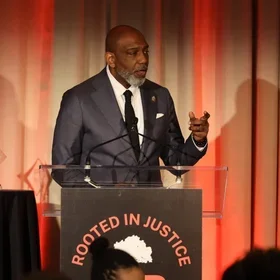Dr. Peter Dixon, a research scientist at Brandeis University, has been named an associate professor of practice to the Master of Science in Negotiation and Conflict Resolution program at Columbia University’s School of Professional Studies.
Dr. Dixon has a Ph.D. in sociology from the University of California, Berkeley, and is a leading researcher in human rights, law, political science, and peace studies. His research centers on the interconnected streams of peace, conflict and the everyday, measures of justice, and peaceful diversity.
Prior to his work as an academic research scientist, Dr. Dixon served as an evaluation specialist at the United Nations and the International Criminal Court. His upcoming book, Measures of Justice: Building Community in Conflict, focuses on the impact of legal institutions on society in times of tension—and the role of community in building peace.
Before joining the School of Professional Studies, Dr. Dixon taught in and served on the Program Committee for the Conflict Resolution and Coexistence master’s program at Brandeis University’s Heller School for Social Policy and Management. “I approach teaching as a craft that is built equally on the expertise I bring to each subject and the learning environment I establish inside and outside the classroom,” Dr. Dixon says. “My ultimate goals are to ignite students’ curiosity and give them the tools to critically engage with the world’s social problems.”
Dr. Dixon will share more about his work and research during the NECR September webinar. Register here.
About the Program
Columbia University’s Master of Science in Negotiation and Conflict Resolution prepares students to analyze the root causes and dynamics of conflict and to transform disputes through reasoned and resourceful interventions. The program focuses on developing self-awareness, tenacity, and interpersonal competency; building common ground; opening lines of communication; ensuring representation and recognition, and building sustainable possibilities for resolution.


